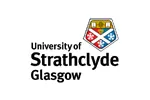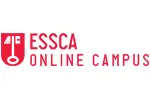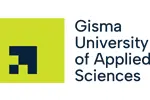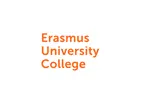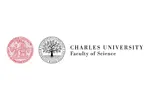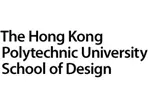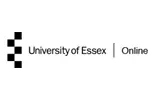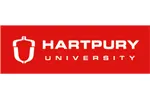History
The University of Strathclyde is a leading international technological university located in the heart of Glasgow – one of the UK’s largest cities – and has a vibrant, international community with almost 30,000 students from over 140 countries.
For more than 200 years Strathclyde has been delivering academic excellence through world-class research and teaching, providing students with flexible, innovative learning in preparation for their chosen career path.
Investing in their students future
Over the course of the current decade, Strathclyde is transforming their campus by investing £1 billion to create a first-class working and learning environment for their students. The new £31 million sports centre, Strathclyde Sport, brings state of the art training, fitness and wellbeing facilities to the heart of the University’s campus.
Strathclyde students can also enjoy the new £60 million Learning & Teaching building, which is located in the centre of campus. Designed with students and staff in mind, the hub includes leading-edge teaching facilities as well as providing a new home for student support services and the Students’ Union.
International Admissions
The University is home to an international study centre which hosts specialist degree preparation for international students such as undergraduate foundation pathways courses. International applications can be made either on the Strathclyde website or by using the online UCAS service.
Entry requirements to programmes may vary depending on the chosen area of study and level of degree. English language proficiency will also need to be demonstrated as part of the entry requirements.
Subject Areas
There are four faculties at the University which are further broken down into multiple academic departments which offer many courses. The four faculties are:
- Faculty of Engineering
- Faculty of Humanities and Social Sciences (HaSS)
- Faculty of Science
- Strathclyde Business School


